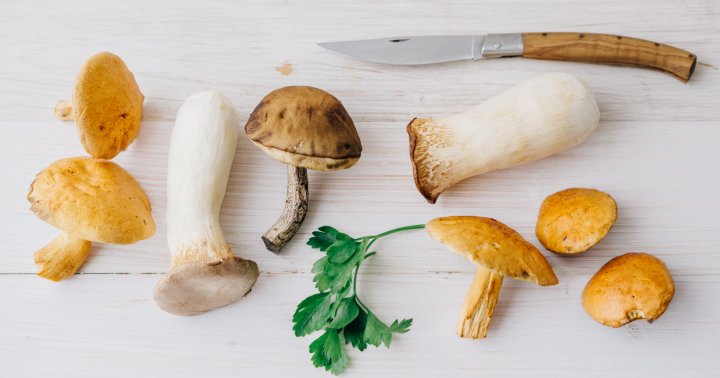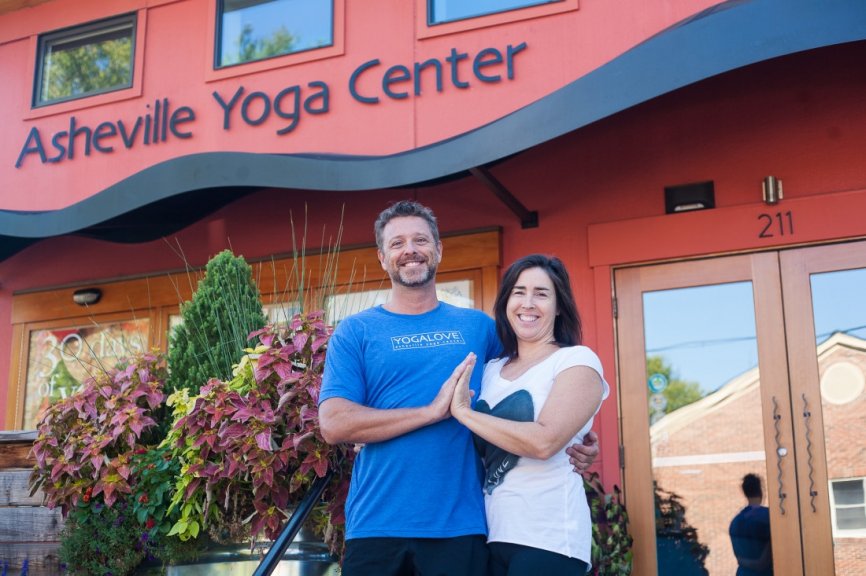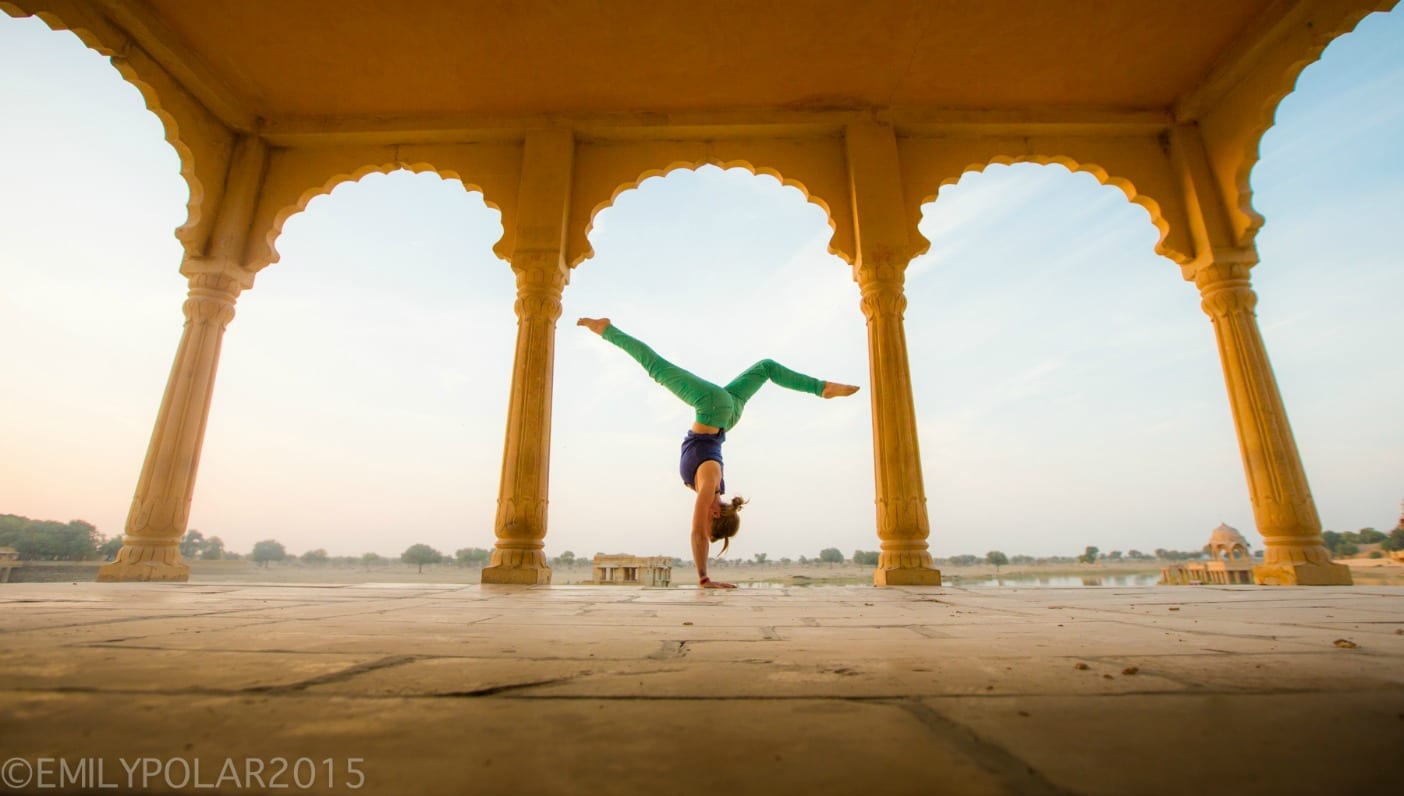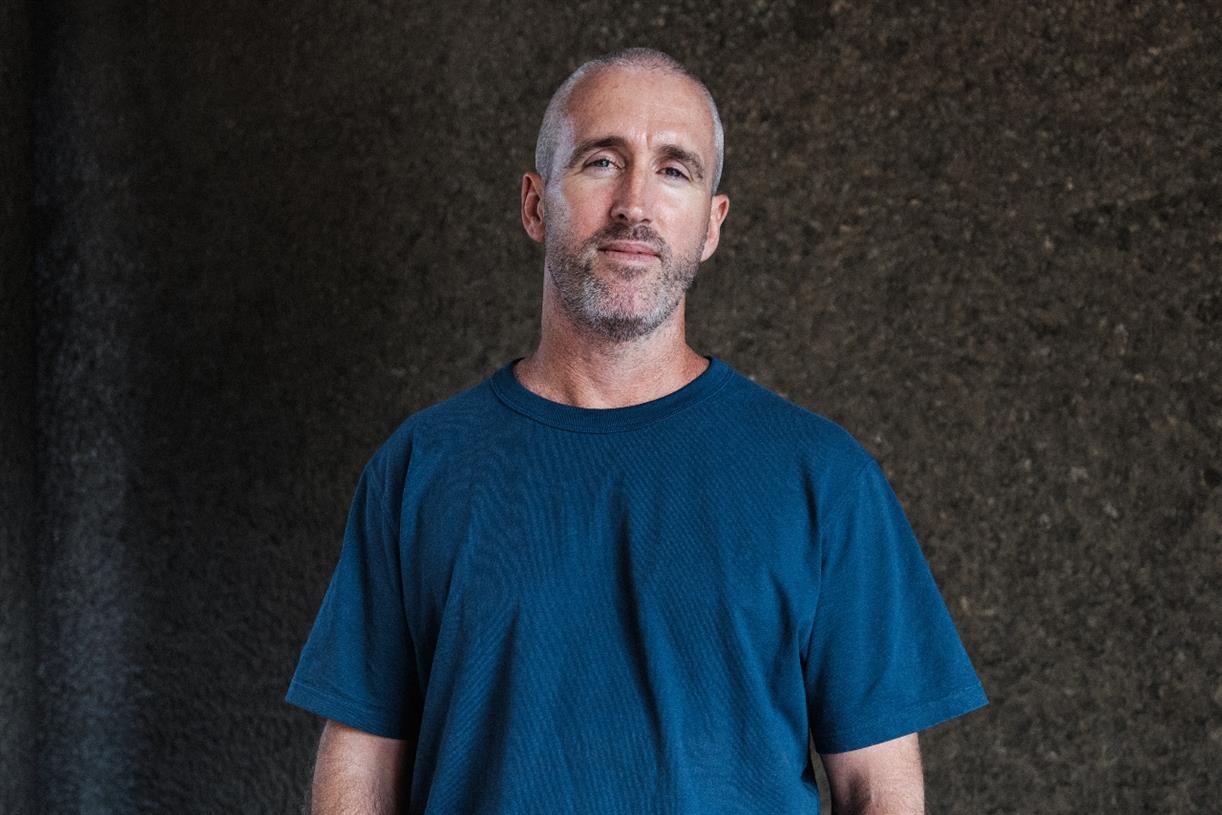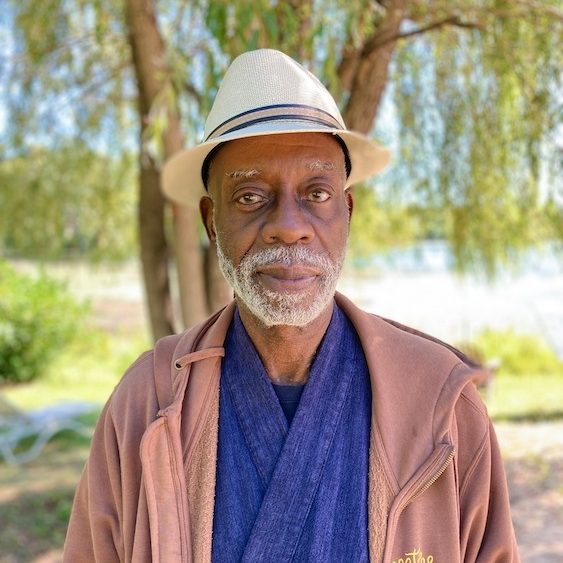Being Alive Together: The Power of Community
Though the first day of summer is still weeks away, most of us have come to think of this weekend as the real kickoff to the season. While many will take time to remember those who have lost their...

Though the first day of summer is still weeks away, most of us have come to think of this weekend as the real kickoff to the season. While many will take time to remember those who have lost their lives while serving in the US military – the original purpose of Memorial Day – most of us also probably think of this weekend as a time to kick back with friends and family, and have a bit of fun.
For those of us in education, the long weekend also provides a welcome opportunity to recharge before the busy-ness that the last weeks of the academic year inevitably bring.
After the past two years, a lot of us may feel more eager than ever to come together, reconnect, and share some happiness. Pandemic life had a lot of lessons to teach, not the least of which is our importance to each other. Our social connections matter. Just being alive together feeds us.
The importance of community to our health and well-being is one reason why it is one of the five principles that form the foundation of Yoga Calm. Through Community activities, we help children develop the skills and knowledge needed to create the kind of positive social groups that help all of us thrive.
Truly, no matter the size or kind of community, those that sustain us best are seldom accidental. They require intention and attention, through which trust is built and we come to care for each other.
Admittedly, such relationships can be harder to find as ever more of our daily experience is mediated through screens and powerful media sources skew our sense of the world enough that we further retreat from each other. There once was a time when you really did know all the people in your neighborhood. For many, that’s become a rarer thing.
As a result, we don’t always realize how connected our lives truly are. Each day we depend on countless others to make the goods and provide the services that let us live relatively comfortable lives – and countless others depend on us. Our actions affect the lives of others just as their actions affect our own.
This is one reason why acts of kindness can be so contagious. Acts of unkindness, too, unfortunately.
As we write this, details continue to emerge about the tragedy that unfolded in Texas this past week, even as we’re still reeling from the mass shootings of the week before. The shooter, we learned, came from a background of deep and extensive trauma – trauma he inflicted on innocent children, teachers, and even his own grandmother.
“I think he needed mental help,” a close childhood friend told the Washington Post. “And more closure with his family. And love.”
It’s exactly as we blogged about before. It’s imperative that we understand the role of trauma that’s usually lurking at the heart of events like this. Likewise, we must work to create and implement real and substantive policy changes that embody our shared values and lower the risk of such desperate, explosive violence.
Community can help us get there. We may not see eye-to-eye on everything, but we, as a nation, should be able to agree that we would all like a safer, more peaceful future. Recognizing and honoring our social connections, what unites us rather than divides, is crucial if we want that reality. When we work from a place of agreement, it becomes possible to rise above a zero-sum mentality and the fight to be right, and instead create mutually agreeable solutions.
Tomorrow, we remember those who selflessly served our country in the armed forces. People can debate whether a specific military action was right or wrong, but the spirit of service – a willingness to fight for people you don’t even know – is the kind of spirit all of us would do well to nurture a little more in each other and in ourselves.
It is the spirit of people who belong to each other. It is the spirit of community.

 UsenB
UsenB 









